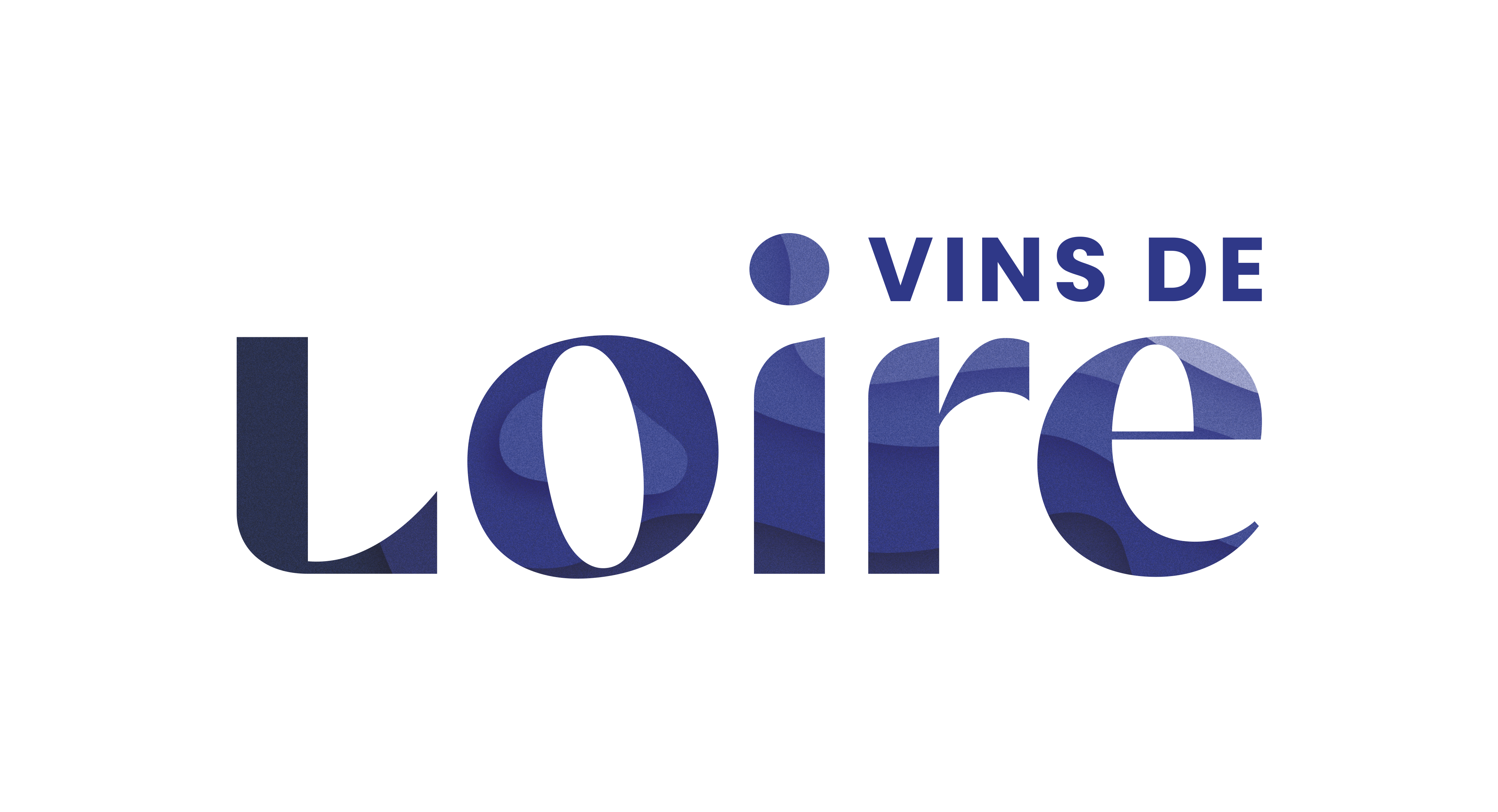Bringing together 34 PDOs and 1 PGI, InterLoire proudly announces the launch of the new collective identity designed to showcase the Loire wines on both national and international stages. This initiative is part of the interbranch organization’s new political project, one of whose objectives is to enhance the reputation and value of Loire wines. The strategic project is driven by the growing appeal among consumers, both in France and internationally.
Fresh, fruity and elegant, Loire wines are on a roll
The diversity and great richness of the Loire Wines offerings stand out as a major asset in the current context. From dry or sweet whites, fruity or structured reds, to dry or tender rosés, and delicate white and rosé sparkling wines, the range of Loire wines reflects the richness of the region’s terroirs and grape varieties. In a changing consumption landscape, Loire wines captivate both the curious with their freshness and connoisseurs with the complexity of their aromatic palette.
Figures confirm the Loire’s position as an essential wine force in France and globally. Internationally, the Loire distinguishes itself as the leading wine region for the production of Cabernet Franc, Chenin Blanc, and Melon Blanc, and second for Sauvignon Blanc. In France, the Loire is the top region for the production of sparkling wines (excluding Champagne PDO). It is also the leading region for PDO rosé wines sold in supermarkets. Just like whites, reds are widely present in supermarkets and have become indispensable at wine shops: 97% of them offer at least one reference. Loire sparkling wines also assert themselves as essential in the wine landscape: while supermarkets remain their main distribution channel, they take the lead in sparkling wines sold at wine shops, representing 22% of sparkling wine references at wine shops.
To support this momentum, InterLoire stakeholders are committed to developing the reputation and value of Loire wines, which contribute fully to the nobility of French wines.
A strategic project driven by a united collective
As a result of a lengthy collective process, InterLoire has undertaken a redesign of its collective communication, marked by a unifying name change from “Vins du Val de Loire” to “Vins de Loire.” This new communication universe is materialized by a modernization of the logo and unique colors.
The thought process began in 2021 with the publication of the book “La Loire et ses Vins, 2,000 ans d’histoire(s) et de commerce” (“The Loire and its Wines, 2,000 years of history(s) and trade”), which traces the evolution of Loire vineyards and highlights the river’s importance in the development of Loire appellations. Throughout 2022, winemakers and merchants worked on a common identity framework. In 2023, the result of these reflections was formalized in a collaborative creation phase (benchmark, focus groups, interviews, participatory workshops). This final step led to the creation of a visual identity symbolizing both the diversity of terroirs and the uniqueness of each PDO and PGI, as well as their strong common foundation.
A visual identity inspired by the diversity of terroirs
The new visual identity highlights the diversity of terroirs within the vineyards through different geological layers.
The aerial view of the Loire showcases the richness of the wines through a gradient, emphasizing the concept of a journey that accompanies consumers throughout their lives and symbolizing the collective foundation. The chosen typography embodies the values of camaraderie and proximity cherished by the wine community in the region. Centered on blue, the color palette is enriched with earthy tones to bring elegance, authenticity, and craftsmanship. It aims to faithfully represent the unique character of Loire vineyards and the diversity of its wines and stakeholders.
“With this new identity, the clearly stated goal is to embrace ourselves as a strong collective centered around our flagship asset, the Loire, which unites all our winemakers and merchants. The ultimate objective is to regain notoriety that will translate into market share gains across all our distribution sectors, both in France and internationally,” explains Camille Masson, President of InterLoire.
